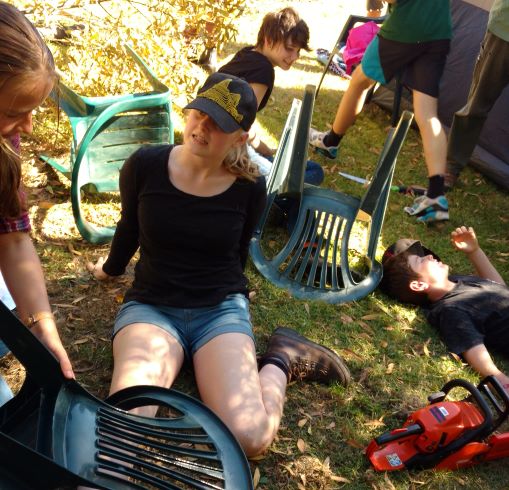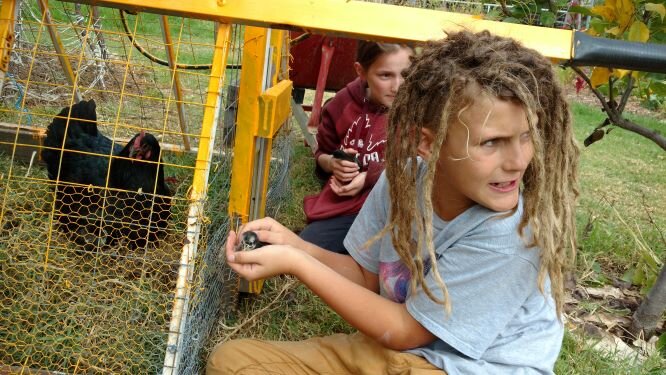Growing towards independence
Throughout human history, adolescence has been the time of independence, of initiation into the adult world. It is imperative to assist each student in developing positive and separate identity through time spent away from parents and urban areas, time spent reflecting, journal writing and building their values through expression and experience.
Independence
Independence is not simply “freedom”, it is the acceptance of responsibility. With responsibility comes student consideration and assessment of consequences. Our aim is that each aspect of our community – from chook-keeping to Lunch Day to environmental manager – is led by a student taking responsibility for work associated with that role. Students apply for these roles, getting first-hand experience writing job applications and advocating for themselves.
To facilitate growing independence, MAP provides the opportunities to make assessments and learn from misjudgement; the opportunity to learn on tasks that matter immediately to themselves; dialogue and situations for evaluation, critical thinking, decision-making and re-evaluation; an environment that requires independent thinking and consideration of real outcomes; opportunities for developing skills for life outside of classroom theory; the chance to offer opinions, to have individual ideas heard, shared and understood; plus regular interaction with adults from many facets of society, working on an adult level.
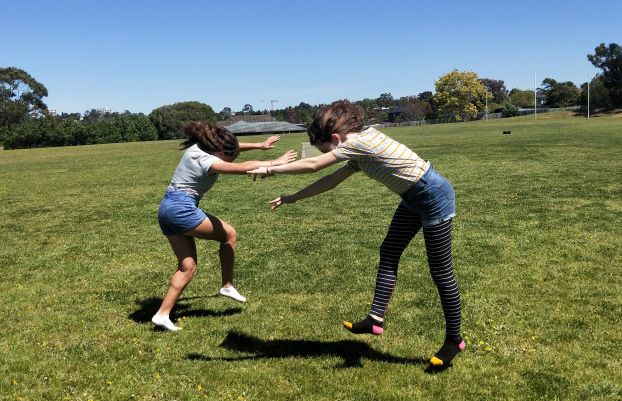
Freedom with responsibility
MAP students are given freedom in many choices and directions, but are guided in making these choices in an individually and communally responsible manner. To build a fully functional societal environment, all students are expected to assume a participatory and responsible role within the community. MAP expects high standards of personal and group responsibility, persistence in the face of adversity, respectful behaviour and understanding of personal and social boundaries.
MAP is a functioning community with inherent roles and responsibilities - a microcosm of real world society. These roles - leaders, planners, entertainers, workers, researchers, technicians, artists - are developed within this environment by the adolescents themselves, not set by an adult “in charge”. It is within these bounds that freedom is encouraged and explored.
There is freedom to work, freedom to collaborate, freedom to explore. There is not freedom to do nothing.
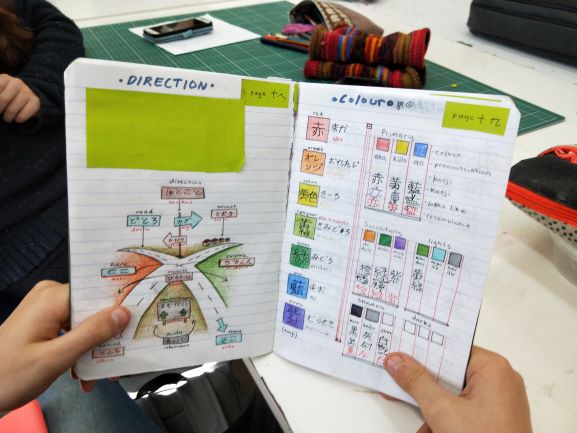
Brockspur Farm
Maria Montessori believed that a farm school setting is the ideal condition for adolescents to learn to work and live independently. While we cannot daily live, learn and work on a farm, the biannual five day camp at Brockspur Farm has become a wonderful replacement, earning us accolades from Montessori programs around the world. Many are now seeking to copy our arrangement.
The connection of the adolescent with the land is of great importance, for in this connection lessons of interdependence, stewardship, and humility are absorbed, as well as skills for: mathematics, ecology, biology, chemistry, physics, economics, food science, land management, domestic sciences, animal husbandry, artisanship, conflict resolution, and more.
Life on the farm challenges their physical stamina, endeavour, sense of responsibility, intellect, and compassion, within the need for diplomacy and collaboration; leaving them having achieved accomplishments that will help them become citizens of the world and stewards of the planet.
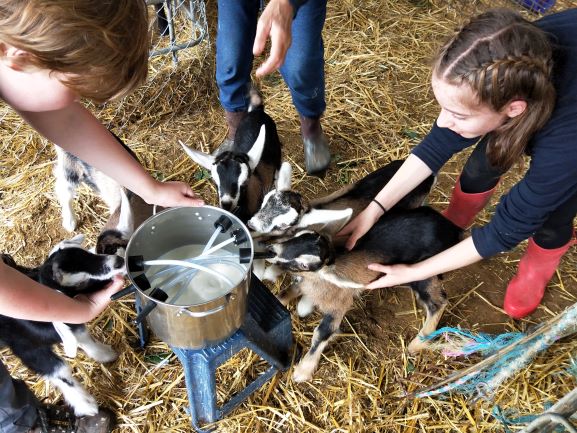
Off-campus
A purpose-built facility separate from the world in which they will live is an odd construct in which adolescents are expected to learn how to interact with that world. MAP@TC aims to open up the physical areas of learning, and do as much off-site activity as possible. Each school year begins with two Big Days Out that focus on team-building. Throughout the year, students have the opportunity to dive deeper into the curriculum by organising and going out into their community to learn on-the-spot, to experience and understand.
The neighbourhood and the city are a treasure of resources that can assist in building a sense of connection between the adolescent and the broader community, something essential to a student’s perception of belonging. Co-operative skills and inner resourcefulness are developed as students work with others in the school and the wider community on local and regional projects.
Special or behavioural needs
Montessori is in no way specifically designed to deliver advantage to those with either learning or behavioural needs. Nor does it cause any disadvantage to these young people.
The social understanding and peer acceptance created within the program delivers an enormous amount of empathy and support, ensuring that no-one is isolated or judged for their differences. Differences such as autism, dyslexia and Tourette are celebrated for the extra skills they bring. Students need to be able to drive their own learning as part of this program.
